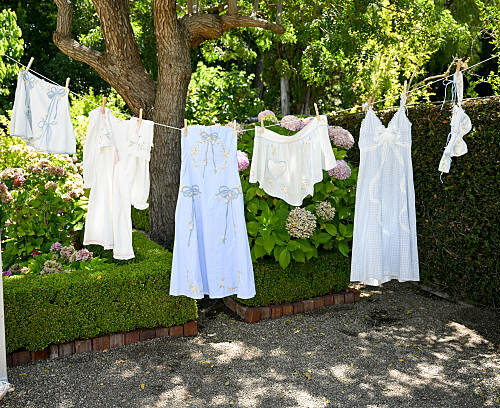
There’s something undeniably exciting about the idea of moving in with your partner. From splitting the rent to arguing over whose side of the bed is whose, cohabiting is like a crash course in love, with laundry, bills, and toothbrush politics thrown in.
However, beyond the Instagrammable “we moved in!” moments, shacking up before or after marriage can be a major relationship milestone. According to Psychology Today, living together can help couples understand each other’s routines, quirks, and conflict styles in ways dating never could. It’s one thing to love someone who sends cute texts. It’s another thing to love someone who leaves socks in every room.
The Pew Research Centre notes that more couples are choosing to cohabit rather than marry right away, citing emotional readiness and financial practicality. Sharing a home becomes a testing ground for compatibility—like a sneak peek at forever. You learn who’s the early bird, who needs silence before coffee, and how you both react when the Wi-Fi cuts out mid-series.
Of course, it’s not all scented candles and Sunday pancakes. Cohabiting can also highlight differences in money habits, cleanliness levels, or how loudly one person chews (yes, it matters), notes the above publication. However, facing these challenges together can build emotional resilience and deepen your connection.
Even in South Africa, where cultural and religious norms sometimes frown on unmarried cohabitation, younger couples are embracing the trend. Stats SA data shows a steady rise in cohabiting households, especially among urban dwellers navigating modern love on their terms.
So, whether you’re blending furniture or learning to co-parent a cat, living together matters. It turns romantic partners into real-life teammates—flaws, quirks, and all.
Also see: Can a romantic relationship financed by a woman survive?




